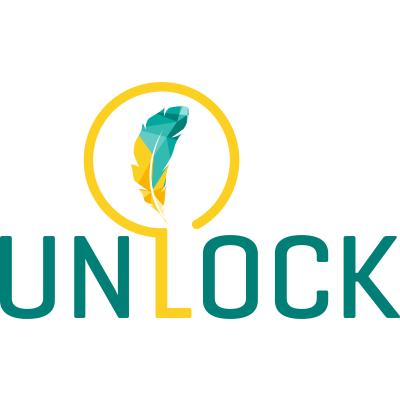
UNLOCK
Unlocking a feather bioeconomy for keratin-based agricultural products

Unlocking a feather bioeconomy for keratin-based agricultural products
As Europe continues on its trajectory to a circular bio economy, much of the work in achieving this will lie in identifying and developing new or more efficient value chains from existing waste streams. One such waste stream is in the poultry sector, where more than 15 million tonnes of meat are produced annually. While much of the waste here is already valorised, the vast quantity of feathers produced are unexploited. Currently, only around 25% of feather waste is collected; what is gathered is frequently used for meal and fertiliser applications, which are seen as mid- to low-value applications, with low margins to match.
However, feathers are made up of nearly 90% keratin, a valuable protein that can provide a resource for biodegradable materials, including bioplastics, with applications in agriculture. The UNLOCK project seeks to demonstrate how to release the value inherent in this waste stream, by developing smart logistic strategies and efficient feather biorefineries based on steam and pressure hydrolysis -. Ultimately, this will help to establish a feather-based bioeconomy that can generate innovative bio-based functional materials for agricultural applications.
By overcoming many of the existing difficulties in collecting and processing feathers obtained from slaughterhouses, the UNLOCK project aims to position this waste chain from feathers as a source of raw material for keratin for use in agriculture. It will find applications in products such as forest and seed trays, nonwoven geotextiles, hydroponic foams and mulch films. The advantages of these materials include biodegradation aligned to the duration of crops, the capacity to add nitrogen back to soils and generating zero waste at end-of-life.
The overall objective of the UNLOCK project is to contribute to replacing fossil-based raw materials with biobased, renewable material. As such, it will contribute to the EU’s 2050 long-term strategy for a climate-neutral Europe. Within this, it will:
By achieving its overall objectives, the UNLOCK project will valorise current unused and underused by-products of poultry processing, thus minimising the impact of the sector and maximising the potential returns. In addition to this, it will also make contributions to specific BBI JU KPIs through:
Overall, the UNLOCK project will demonstrate the feasibility and viability of a new feather-based bioeconomy and maximise the most efficient combination of logistic and treatment strategies.